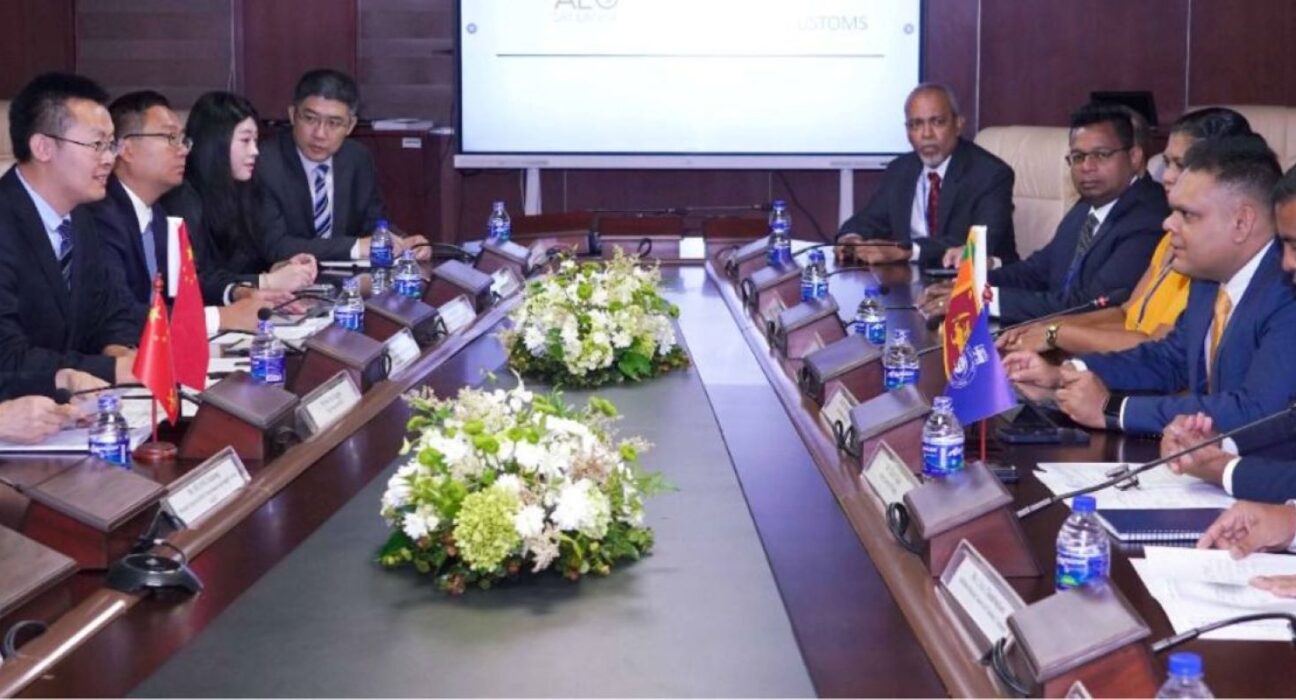Sri Lanka Customs (SLC) aims to surpass last year’s revenue of Rs. 970 billion in 2024, targeting Rs. 1.5 trillion due to increased Value Added Tax (VAT) and lifted import restrictions in October 2023. China has pledged financial support and the adoption of new technology to improve SLC operations.
Addressing a gathering at the Sri Lanka Customs Department, Vice Minister of the General Administration of Customs of China, Wang Lingjun, stated that China is ready to collaborate with SLC to enhance safety, security, and cooperation through a three-phase approach.
Lingjun highlighted the ‘Smart Customs Project,’ through which China collaborates globally on a unified platform, and is prepared to deliver efficient results for Sri Lanka. China will also support SLC by enhancing mutual understanding and security via the ‘Single Window system.’
China’s continuous support during Sri Lanka’s economic crisis and the Covid pandemic, as well as their leading role in the initial debt restructuring process, has been appreciated by Sri Lanka.
Lingjun further noted that China is committed to sponsoring SLC projects to strengthen customs operations.
Established in 1806, Sri Lanka Customs is one of the oldest government departments. It evolved into a full-fledged state organization responsible for revenue collection and law enforcement with the introduction of the Customs Ordinance. SLC’s functions include revenue collection, preventing revenue leakages and frauds, facilitating legitimate trade, collecting import and export data for statistics, and coordinating with other government departments and stakeholders regarding imports and exports.
According to the Customs Strategic Plan for 2024-28, SLC traditionally focuses on four key areas: revenue collection, law enforcement, trade facilitation, and social protection. The strategic goals set for the five-year period are: maximizing revenue, facilitating legitimate trade, protecting people and the environment through efficient border control, and transforming the organization to achieve excellence.
SLC faces challenges such as a significant shortage of officials, operating with nearly one-third fewer staff than required due to government recruitment restrictions amid the economic crisis. This staff shortage affects service quality. Additionally, improper allocation of limited staff and the existing transfer procedure exacerbate the issue. An attractive salary and incentive scheme, along with a merit-based promotion system, are needed to motivate and strengthen the workforce.
